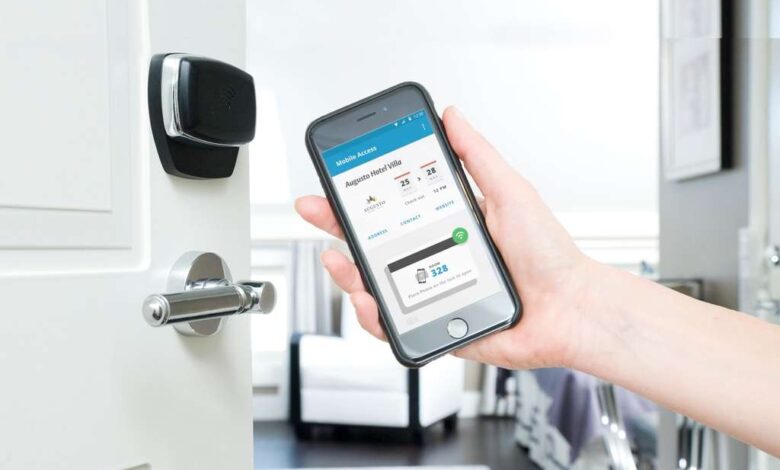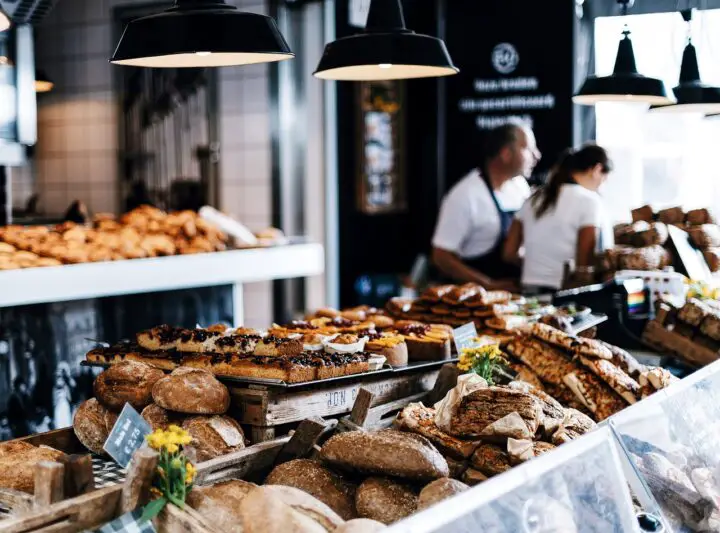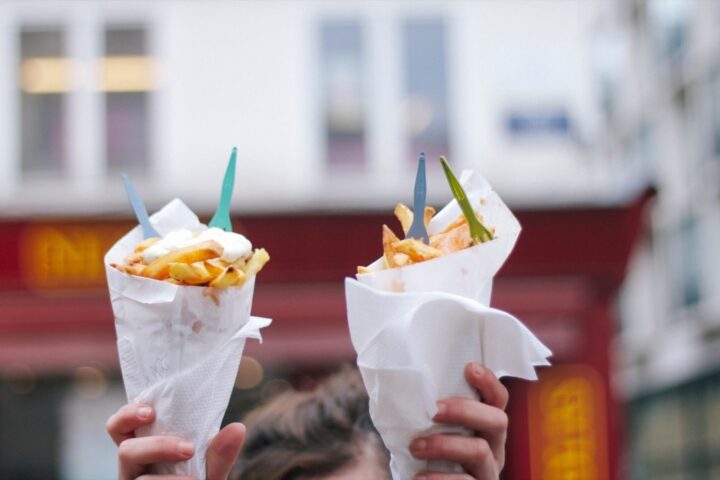3 Reasons Why Going Mobile is the Future of Hospitality

The COVID-19 pandemic has decimated footfall in high streets and towns across the UK, and mandatory lockdown closures have made matters even worse for hospitality businesses. As the pandemic marches on, the true scale of the crisis is now becoming clear – and research commissioned by the British Beer & Pub Association (BBPA) shows that some 72% of hospitality businesses risk becoming unviable unless something changes during 2024.
Despite restaurants and bars being unable to open, that does not mean there has been a drop in interest from customers – who in many cases are nostalgic about getting great food whilst out and about. With hospitality businesses on the brink of disaster, an increasing number of entrepreneurs are now turning to industry alternatives, with mobile catering and food vans becoming a hot trend for the coming 12 months and beyond.
Gourmet food trucks are nothing new. Their popularity has been growing across the US and Europe for over a decade now, and with good reason too, since they offer a variety of benefits over more traditional hospitality models. From saving money on operational costs to cashing in on consumer demand for the experience economy, mobile catering is quickly carving out a space in the post-COVID hospitality industry.
With these thoughts in mind, here are some of the very best reasons why you should take your hospitality business mobile.

1. You can move with demand
One of the most significant benefits of mobile catering is right there in the name: mobility. Whereas the success of restaurants and bars is highly contingent on their location, food vans do not have the same issue since they can just move on and try another area.
This means that mobile catering operators can simply move from area to area until they find one that suits them best. They also benefit significantly from their ability to attend events such as music festivals, racing weekends, and even weddings. Whilst the coronavirus pandemic may have put plans for those events on ice during 2024 and into 2024, you can bet that they will return with renewed vigour and attract huge numbers of paying guests as the spread of the health emergency recedes.
In short, food trucks are among the best way for restaurants to capitalise on changing consumer demands and current events. As an aside, it may also be possible for mobile catering businesses to continue trading during the pandemic, providing cash generative opportunities at a time when restaurants and other bricks and mortar businesses are shut.
2. Brand building opportunities

For those aspiring restauranteurs that have not yet taken the plunge by investing in static premises, going mobile could present a real opportunity to build a following before going any further. There are plenty of examples of super successful start-up food businesses that began on four wheels rather than in a more traditional kitchen – showing that the model really can work as an entry point into the industry.
The reason this works is because food trucks are so great at generating hype amongst consumers. Knowing that a new and innovative food company is coming to your area, coupled with the fact that they will be moving on the next day, can really ramp up interest from foodies. Another benefit is that you will get the opportunity to try new things and scope out your own processes. From testing different locations to trialling new recipes and playing around with marketing, it is far easier to plan these concepts out in a van that it is to do the same exercise with an existing restaurant.
3. The overheads can be lower

Perhaps the best part about opening a mobile food business is that there’s a low barrier to entry. Whether you’re just starting out in hospitality or are looking for a way to expand your existing restaurant’s footprint, food vans and mobile catering models are surprisingly low cost. Rather than having to hire a whole host of cooks, waiting staff, kitchen managers, and cleaners, you can do it all with just a few key members of staff.
In addition to cutting out a significant portion of your overheads, a food truck could also help you to manage your cash flow. The costs roll in from month to month, you will not have to pay anywhere near the usual sums for rent or business rates, and you will have a full picture of total costs based on the food you make, supplies, and fuel for the vehicle. Even better, you are unlikely to need to shell out anywhere near as much on the maintenance of a food truck as compared to a brick and mortar restaurant.
In all, going mobile could help you to save money whilst you make more – and which restaurateur does not want that?
Going mobile the easy way

As we attempt to accelerate out of the COVID-19 pandemic and resultant financial slump, it follows that many hospitality businesses will be reassessing their model to cut costs and increase revenues. As we have discussed, one of the most viable alternatives to the classic restaurant model is to get on the road with a fresh new food van that brings your cuisine concept to customers wherever they can be found.
Of course, to get started you will need to put in some hard work. Starting from the conceptual stage, product and market research could not be more important – but there are also some more novel issues to consider that you might not necessarily have experienced in the classic hospitality model. For one thing, you will need to choose your vehicle and fit it out to facilitate food preparation. You will also need to get a trading license if you plan on operating from public streets or roadsides – and that is before you get onto the usual concerns such as business insurance and food hygiene certification.
Of course, you will also need to find a way to take payment – which can feel like a real challenge during the COVID-19 pandemic. Cash used to be a staple of the food van scene, but members of the UK public are increasingly turning away from physical money as fears of coronavirus transmission grow. Thankfully, there are plenty of options available and payment services providers like UTP Group even offer mobile card machines that can accept contactless payments on the move. By accepting a range of cards including Visa, Mastercard, and American Express, you will be equipped to take fast payments on the move. And always make sure that you have enough card machine paper from www.cardmachinepaper.com for your payment solution.
The bottom line
Life may have changed considerably since the emergence of COVID-19, but the public’s appetite for great food is one thing that has stayed the same. People miss eating out, and by moving into the mobile catering arena, you could be part of the supply that meets that demand. From extra money and lower overheads whilst your restaurant is closed, through to testing the waters with a new concept, mobile hospitality really could be the answer to the industry’s current crisis.

